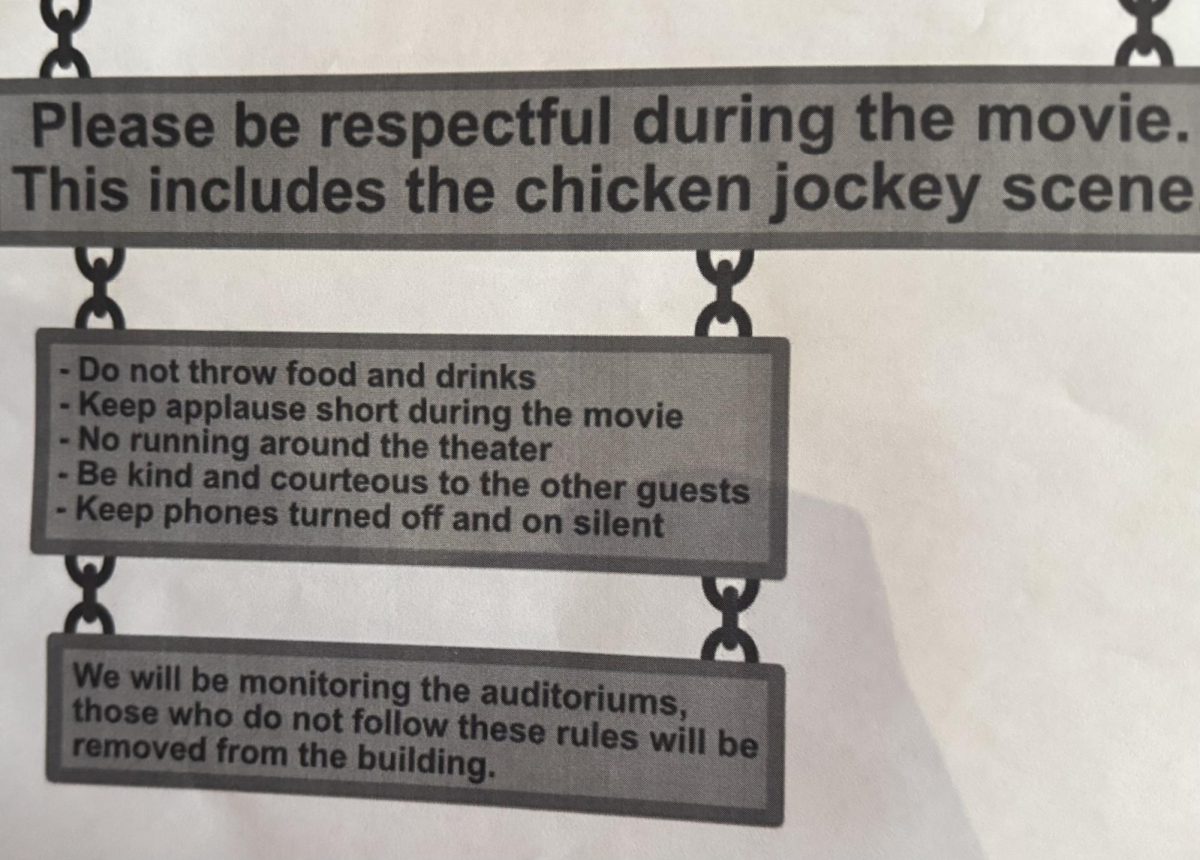The unionization issue is complex. Based on many, many comments from our colleagues — both in an online forum, as well as from a semester-long reading group (which formed this winter, coincidentally, around the issue of contingent faculty) — many of us do not feel ready to make such a weighty decision. We are all academics, after all, a group of people who are notorious for doing research. Though we’ve been scrambling to gather information since we learned about the imminent vote, we still lack a clear understanding of what it would mean to have a union represent us. In addition, because the short time frame of this vote came as a surprise to most of us, the unionization effort feels like something being forced upon us rather than something that came from us.
Given the abrupt way that this unionization vote has unfolded, we do not have the option to delay a vote and give ourselves more time to do more research, to figure out who we are (a mix of part-time and full-time leave replacements, part-time and full-time long term faculty members, people going into retirement after a long career teaching at Mac, people who teach just one or two courses, etc.), to decide what we want, and to decide how to best go about achieving it. The union has not fostered open discussion of these issues, which is troubling: however, discussions have been happening, organically, among a large group of contingent faculty which is steadily growing larger. There seems to be a hope that we will jump aboard swiftly because we will automatically equate “union” with “better.” We have not been given compelling reasons to jump so quickly onto that ship without having exhausted other options first.
Thus, we think we would be doing ourselves a disservice by rushing to vote “yes” to unionizing. Voting “no” now is not a definitive “no unionization” vote. It simply slows things down. We would be able to restart the process, if we wish, after a fairly short waiting period (one year). This would give us time to sort out the many questions we all have brought to the table. And we believe that a more thoughtful approach would put us in a better position to negotiate with the administration and with our tenured colleagues. Pausing this hurried process would also allow us to explore ways to address our issues within existing Macalester pathways, in addition to unions other than SEIU, whose tactics and approaches have made a few of us uncomfortable.
We understand the significance of this moment in terms of its broader implications for the state of higher education. Each of us is passionate not only about what we teach, but also about the future of higher education as we train many of our students to become scholars, graduate students, and professors themselves. And we live the challenges of being so-called “contingents” every day of our lives: they are tangible and real, and they are extremely diverse. In many ways, we might not have as much agency within our professional lives as many of us would like. Perhaps this is why so many of us are uncomfortable with the sudden appearance of a union on campus, which, while seeking to represent us, has in fact neglected to give us the time to determine for ourselves what we need and want.The discomfort many of us feel comes from this question: how can we hand over our collective voice to a third party when we are just beginning to articulate what that voice is? We deserve the chance to determine this for ourselves, without a looming deadline mere weeks away.
Contingent colleagues: we are urging you to vote “no” in the upcoming union election for the sake of giving all of us a more reasonable time frame in which to take action on our own behalf. We can and should seize this moment as an opportunity for self-determination, for a chance to have real conversations with our colleagues on both sides of the tenure divide and with the administration, and to pursue avenues that develop after thoughtful discussion and research into all the options.
Signed,
Daniel Flath (MSCS), Susan Green (Chemistry), Z. Keremidchieva (Political Science), Christie Manning (ES and Psychology), Marianne Milligan (ES and Linguistics), Vanessa Rousseau (Classics and Art History), Megan Vossler (Art and Art History)







Anthony Rees • Sep 11, 2019 at 5:06 pm
as soon as I detected this internet site I went on reddit to share some of the love with them.
Anna Watson • Sep 10, 2019 at 11:15 am
Heya! I just wanted to ask if you ever have any issues with hackers? My last blog (wordpress) was hacked and I ended up losing months of hard work due to no data backup. Do you have any methods to stop hackers?
Warren Churchill • Sep 5, 2019 at 3:46 pm
Hello there. I found your web site by means of Google while looking for a related subject, your web site came up. It appears great. I have bookmarked it in my google bookmarks to come back later.